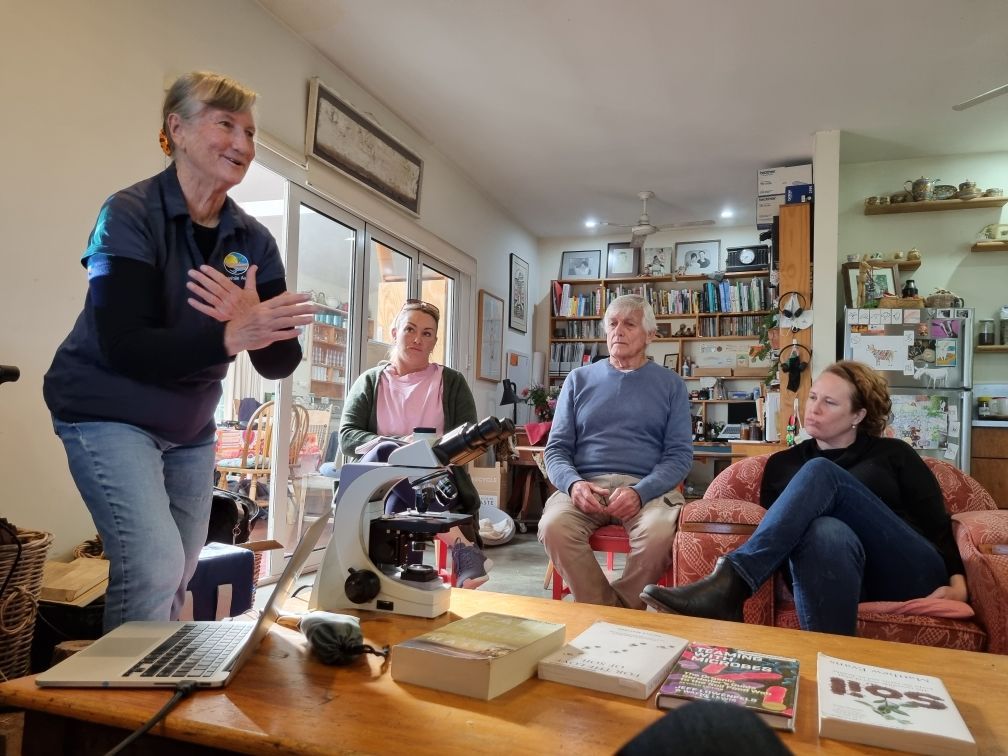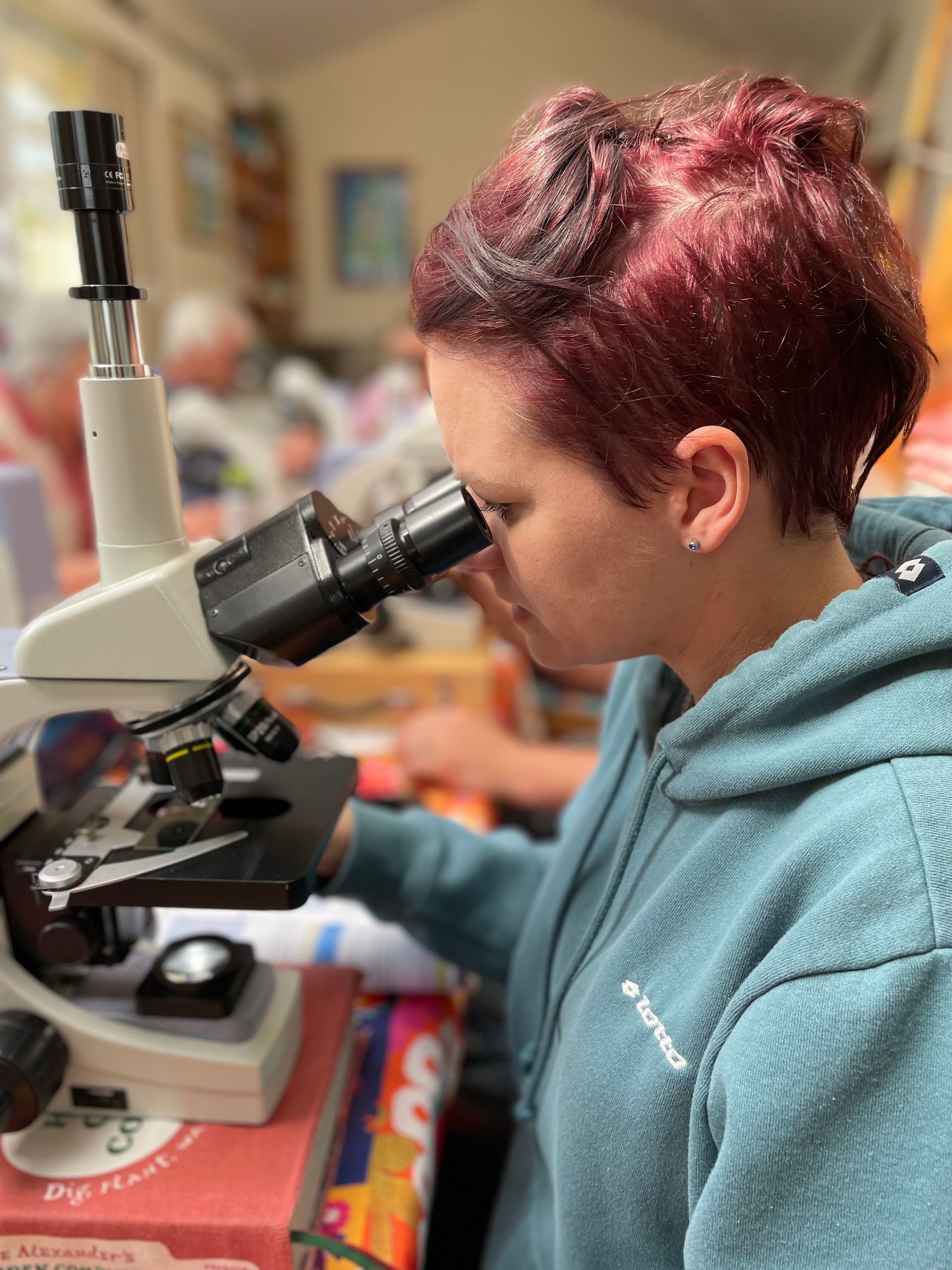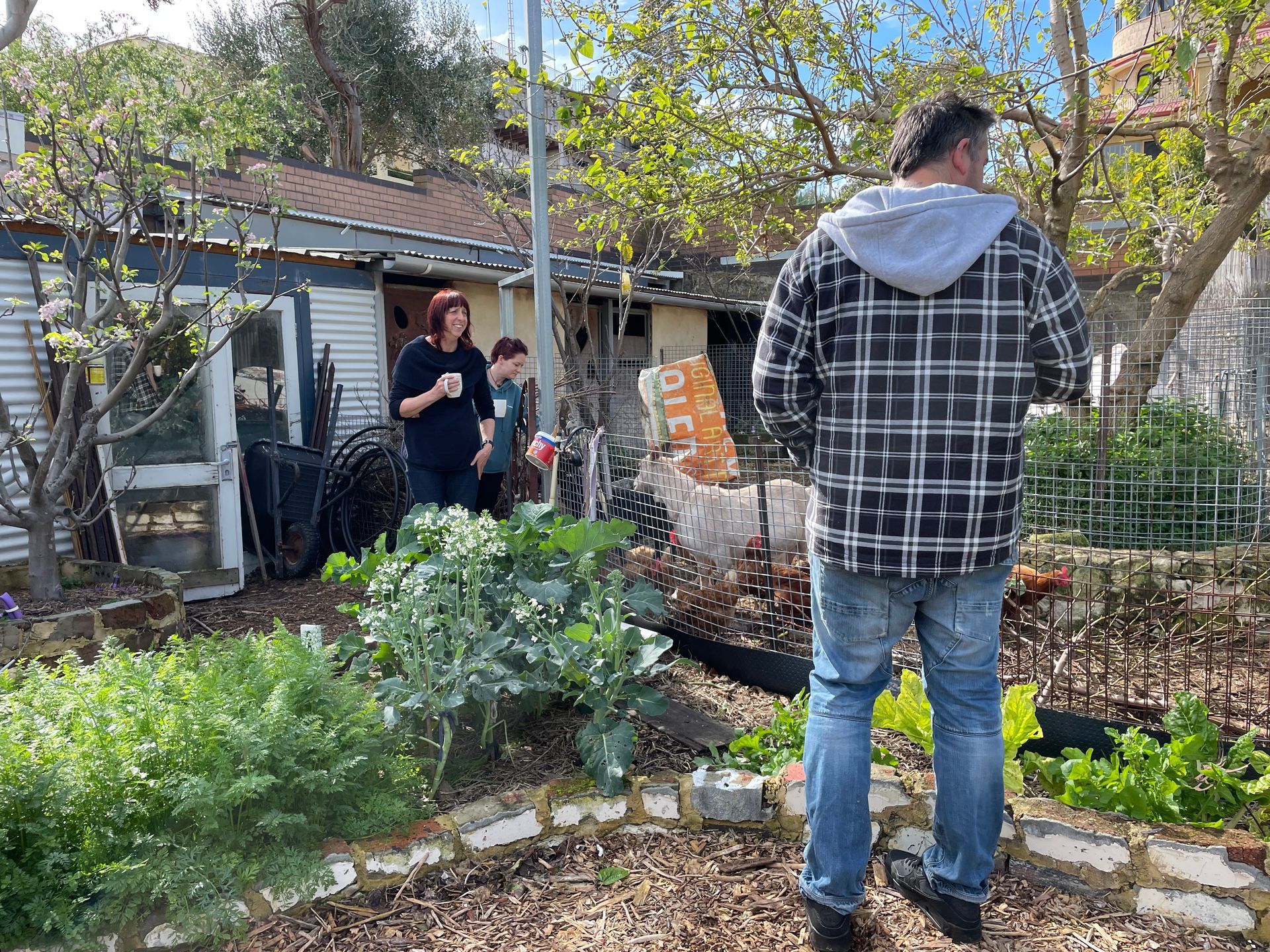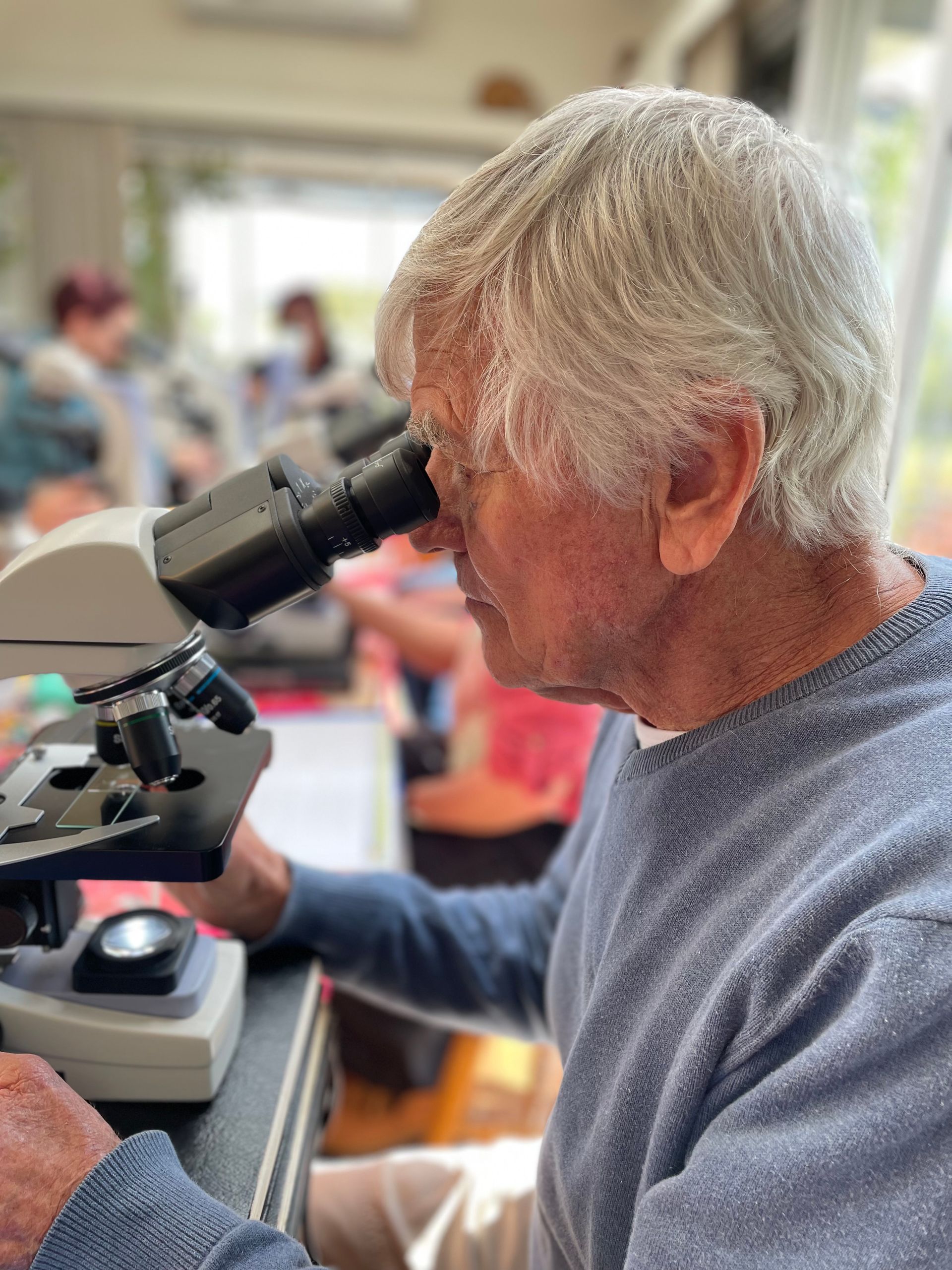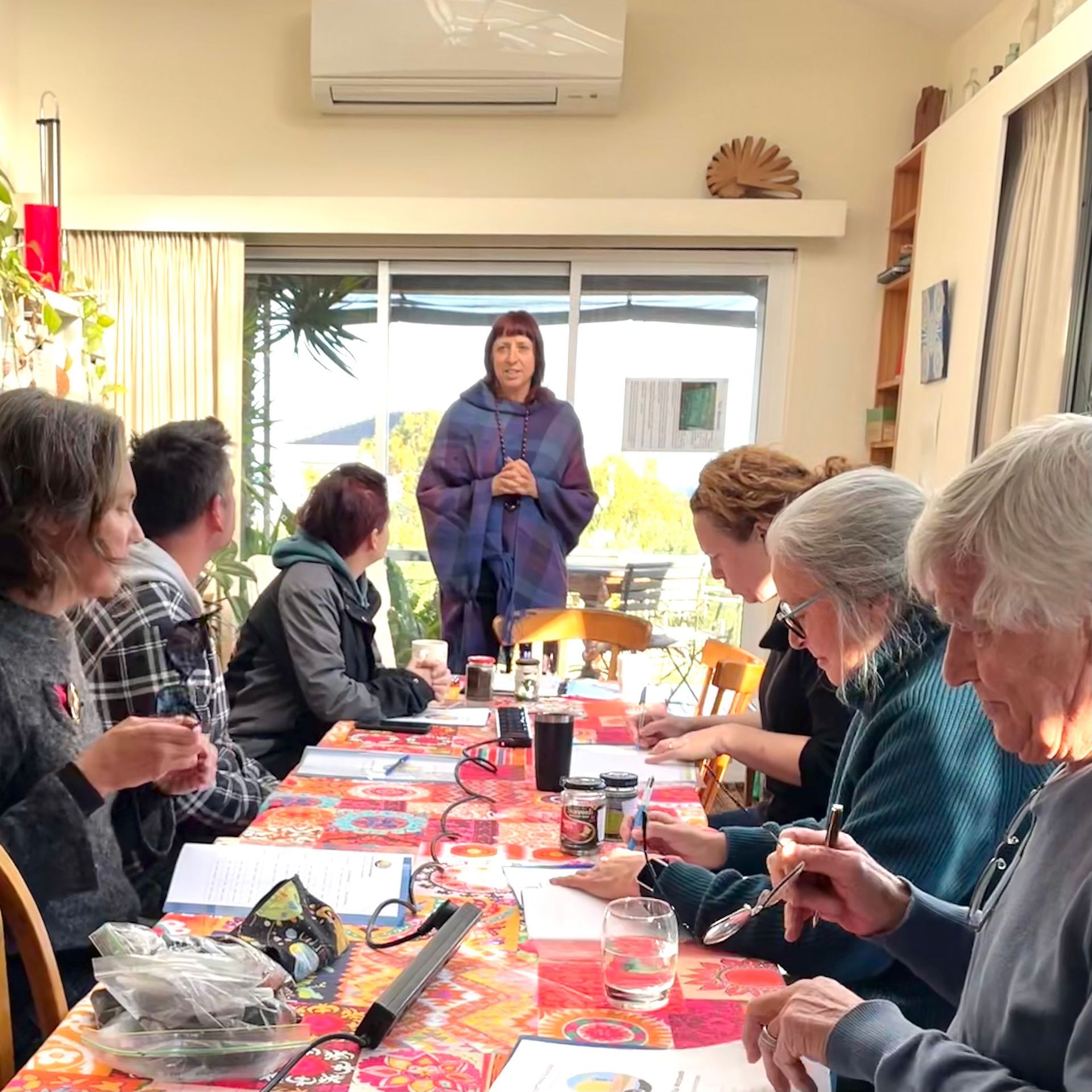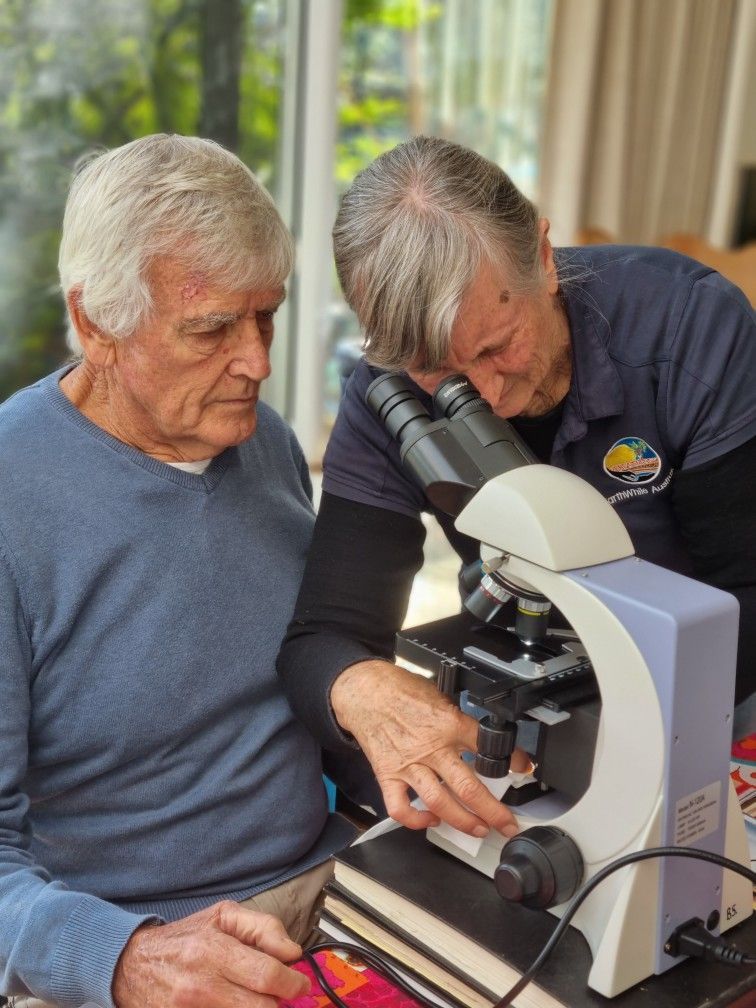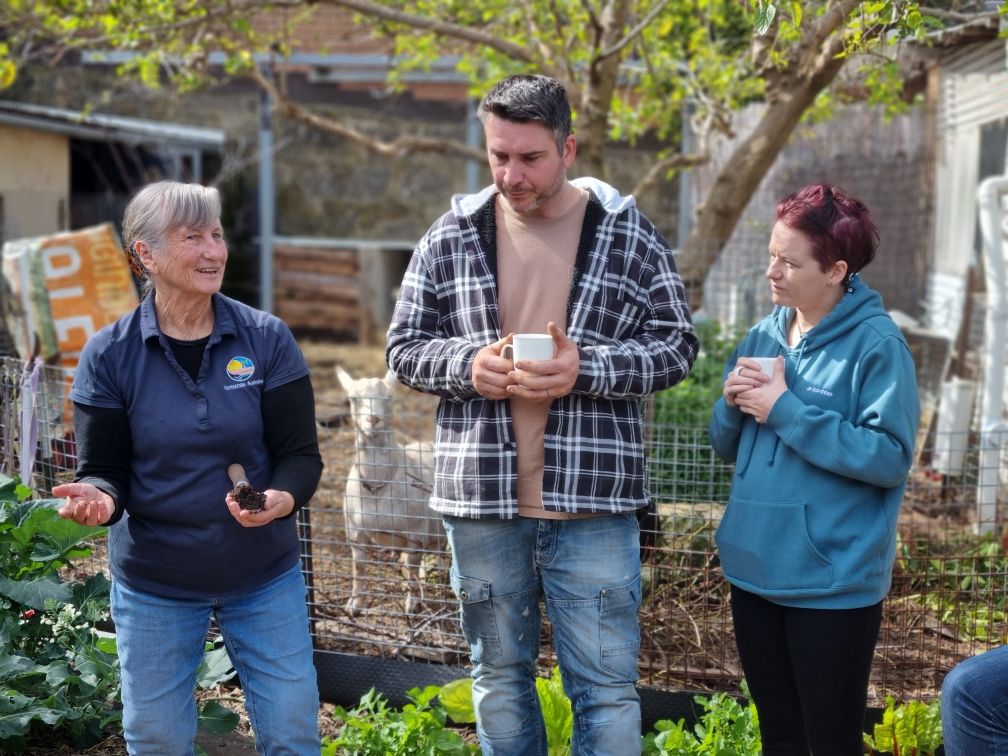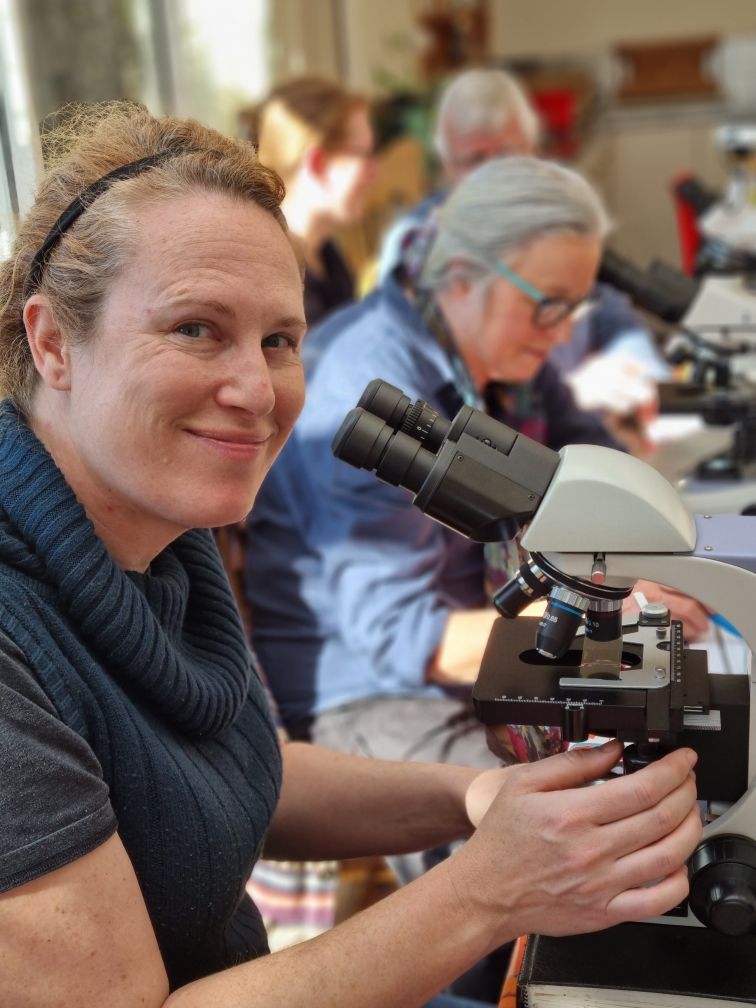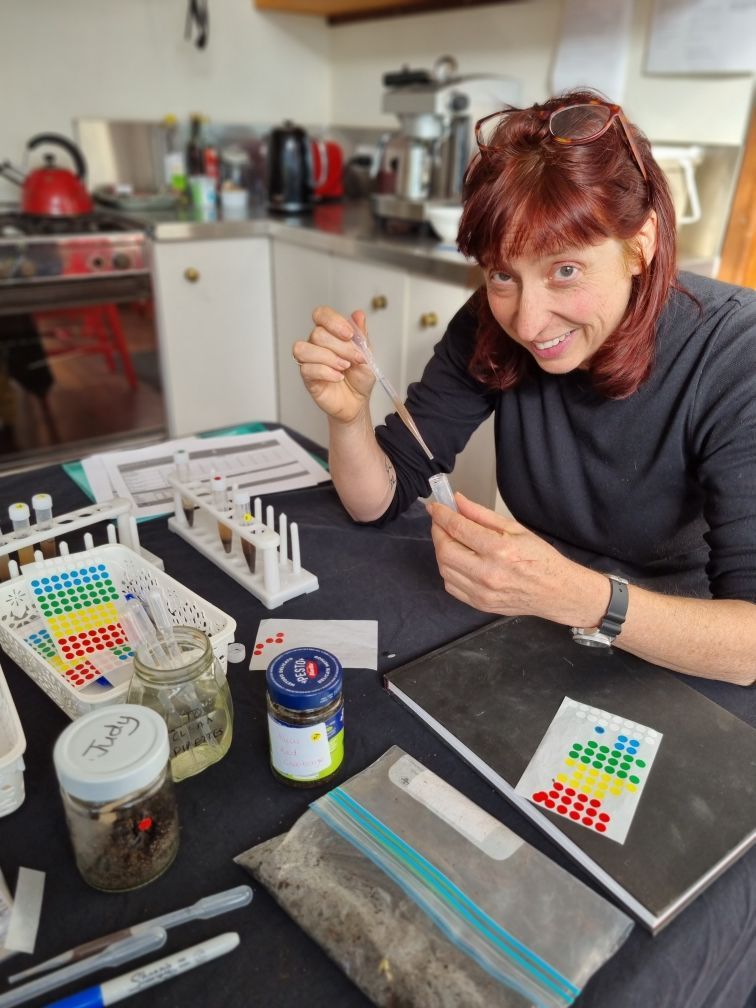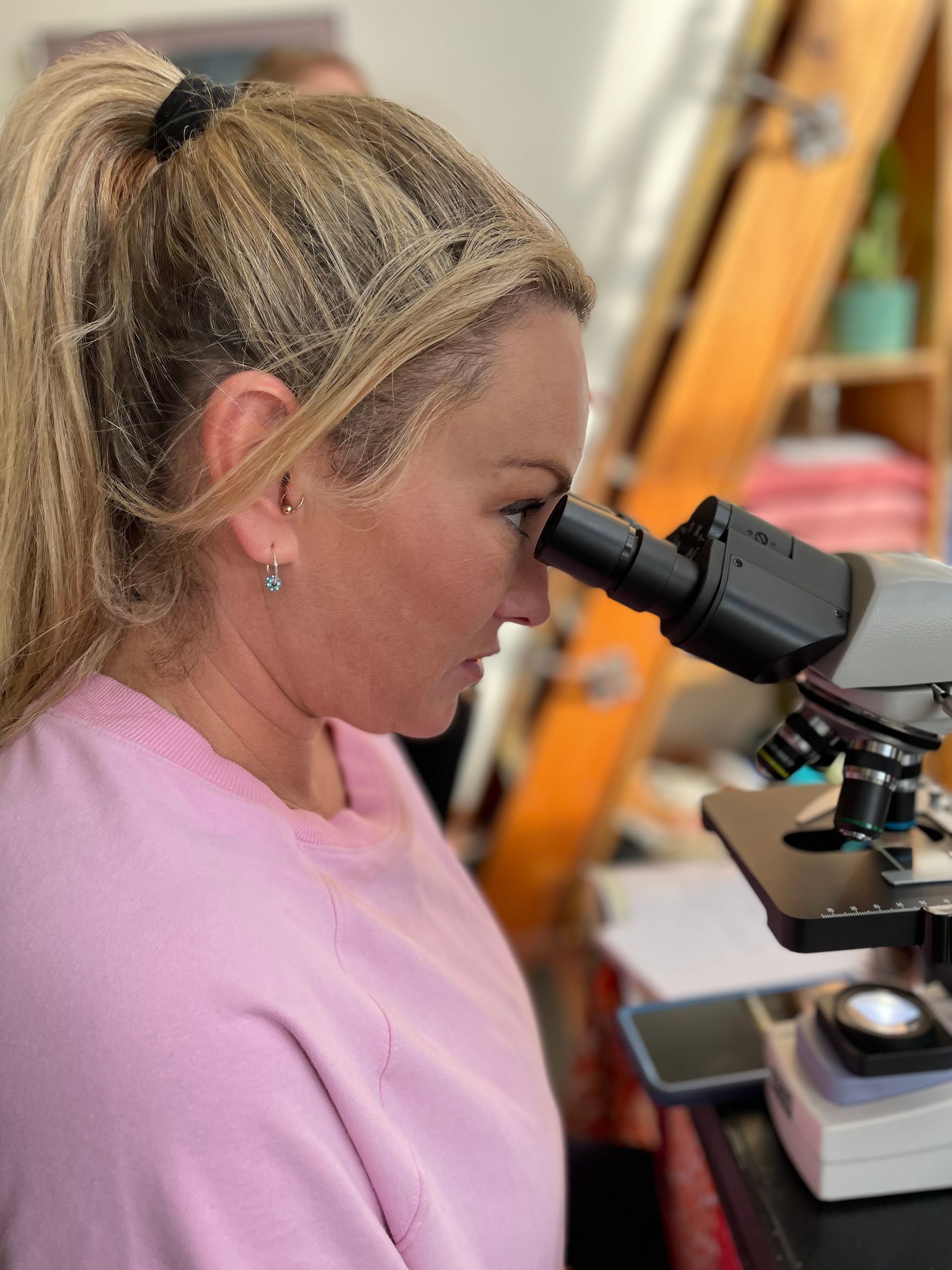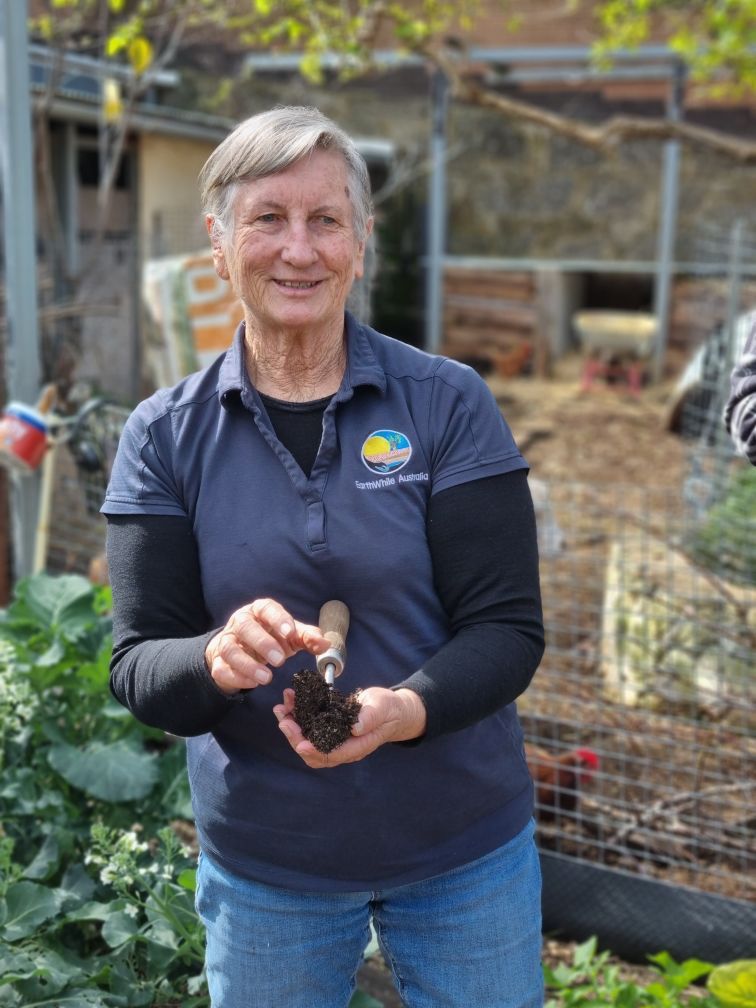Soil Health & Microscopy Workshops
Our soil health and soil biology related workshops offer a unique opportunity to learn about soil microscopy and how to maintain healthy soil.
Our workshops cater to individuals, groups, and private clients and are available as one-on-one or group sessions, making them ideal for anyone looking to gain a deeper understanding of soil health, nutrient management and regenerative agriculture.
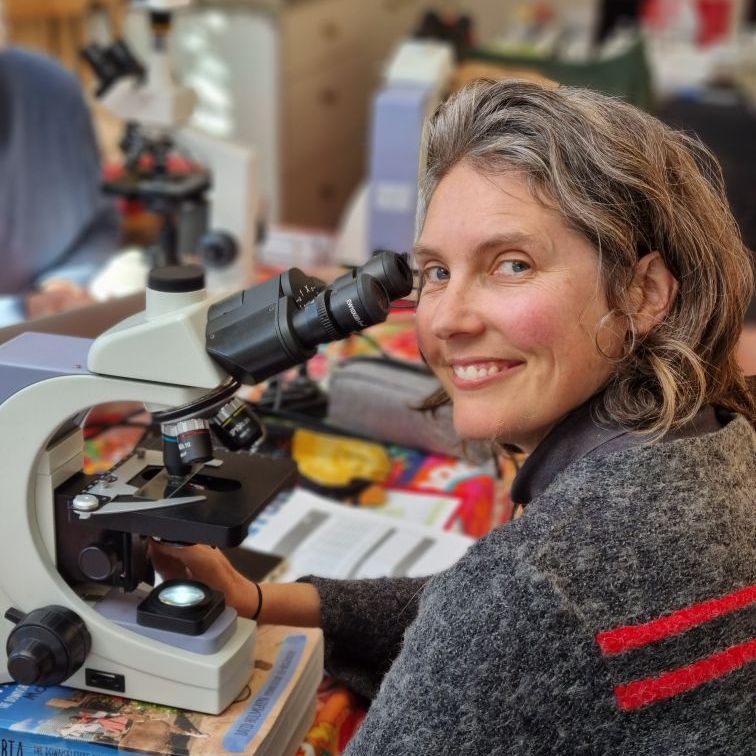
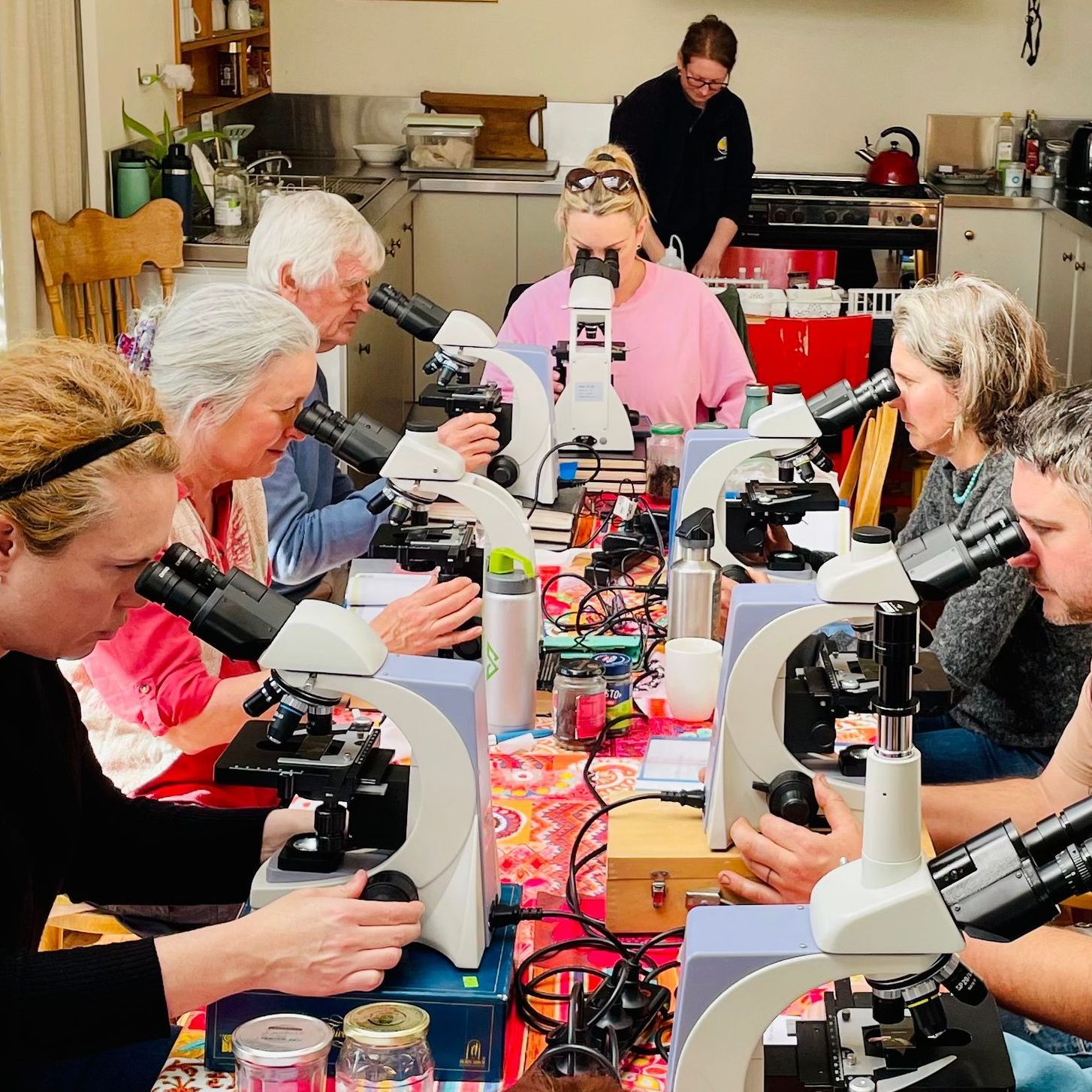
Register your interest for future Soil Health & Microsopy Workshops
Send us your info and we'll contact you when we have a workshop or event coming up.
You'll also be the first to know if we have a last minute cancellation to fill!
Join the Newsletter
WORKSHOP SUMMARY
Soil Microscopy
2 Day Workshop
The ‘It’s the Soil that Counts’ series comprises two workshops – the first will provide foundational skills and knowledge of soil food webs and using brightfield microscopes.
The second will build on the knowledge and skills from the first to monitor and assist in managing soil biological health. The topics to be covered are outlined below.
By the end of the Master Class you will have extended your knowledge of how the soil food web works, practised organism identification, learnt how to assess the qualitative health of soil and consider remediation strategies based on what has been learnt.
"Having Ellen look at your soil, compost and worm casting samples will confirm the health of your soil by the numbers and variety of microbes. Now to make some more compost tea to breed some more microbes."
Robyn, Waste is My Resource Workshop
"Thanks for giving me the opportunity to learn more about our soil microbes, it was an incredibly amazing two days."
Kara
I recently participated in the 2 day Soil Microbiology and Microscopy. It was an eye opening course for novices, students, gardeners, farmers or simply curious minded people… I'd highly recommended.
Paul

